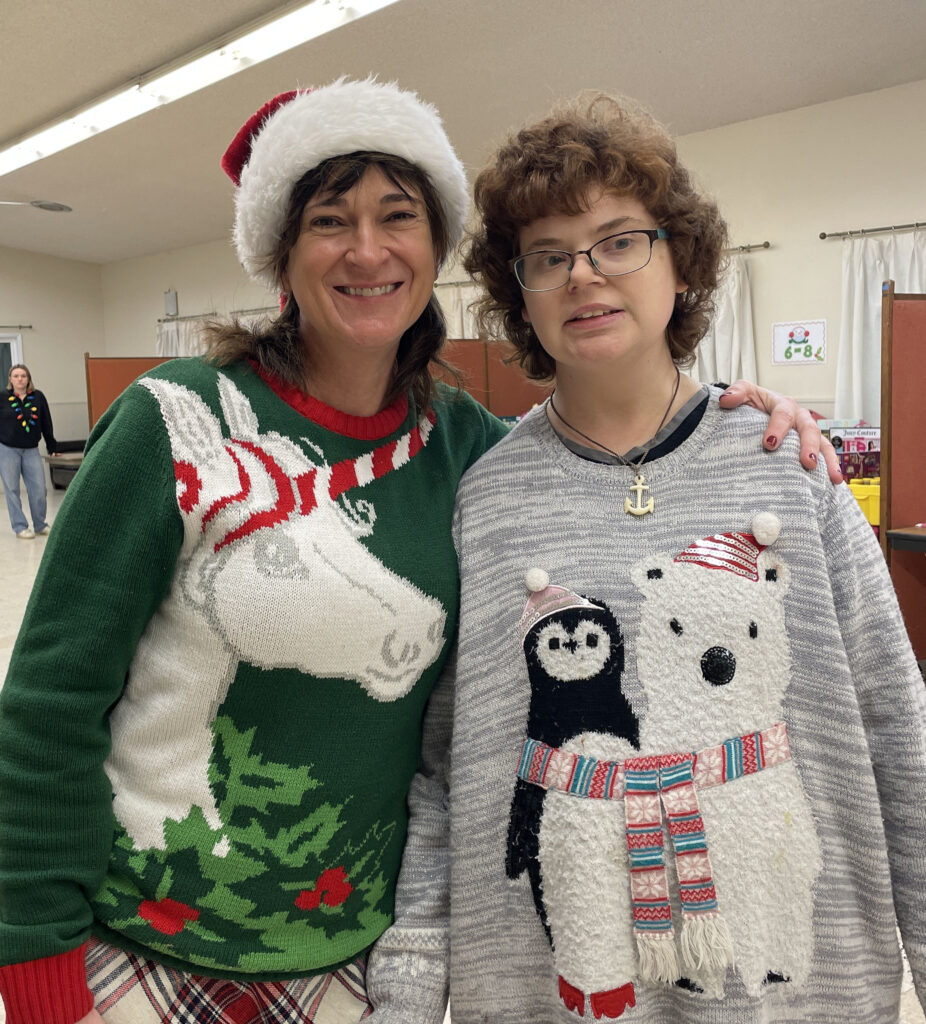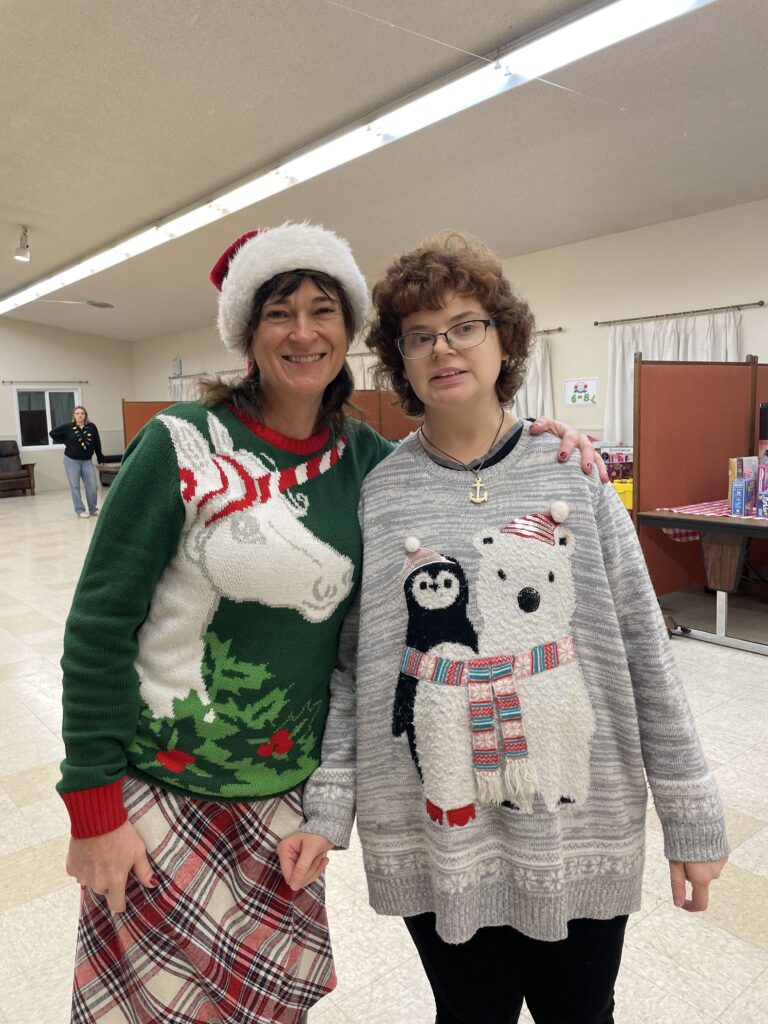By Dr. Marli Parobek, DNP
Greetings, fellow Vashonites! With the rain and dark in full swing, we are primed and ready to discuss Seasonal Affective Disorder (SAD), otherwise known as “The Winter Blues.”
According to the National Institute of Health, SAD is defined by a new onset of depression with symptoms that last 4-5 months, and is related to seasonal changes, with winter being the most likely season due to less daylight and colder, darker days. With the lack of sunlight, and less socialization and exercise, the body produces fewer of the “happy-making” neurotransmitters, dopamine and serotonin. Holidays can also add their own type of stress and sadness, as many people spend the holidays without friends and family, or without a loved one who recently passed away.
The definition of clinical depression is: low interest or motivation to do the things we once loved to do, social isolation (avoiding social interactions in favor of “staying in”), low energy and fatigue, and/or a decrease in appetite. And if that is not depressing enough, the Pacific Northwest is the most likely region in the United States to be affected by SAD. A 2022 poll of Washington residents showed that 59% experienced some symptoms of SAD during the winter months. Women, consider yourself doubly blessed – recent data from the World Health Organization says that women are more 50% more likely to be depressed than men.
But how do we stack up to other states? Certainly, we are not the saddest ever, are we? Fortunately, we lost that title to Oregon, and West Virginia was runner-up. Washington State is in the middle of the top of the pack, with beachy states like California and Hawaii splashing in as the two least-depressed in the union.
Why should we care? It’s only a little sadness, this too will pass, won’t it? Most likely, yes. When the weather improves, so will our mood. In the meantime, however, depression is the number one risk factor for self-harm and suicide, and contributes to other medical problems such as obesity, chronic pain, diabetes, stroke and dementia.
When do I need professional help, such as therapy or medication? When your sadness is persistent and interferes with your ADLs (activities of daily living). Thinking of your daily routine, has your mood affected your partner or your pets? Are you no longer caring for yourself, such as hygiene or cleaning your home? Do you purposely avoid leaving the house and socializing? These are signs that you may need professional advice to push through these feelings.
These feelings do not have to be permanent or allowed to affect you. You too can fight the winter blues:
- Exercise/movement: A brisk walk outside is best; however, even around the house is beneficial. Being outside, breathing in the flora and fauna on one of Vashon’s nature trails, or strolling uptown to window-shop fits the bill. Movement of any kind helps our body produce serotonin and contentment.
- “Do onto others as you would have them do onto you.” This Golden Rule reminds us that simple acts of kindness toward others produce dopamine in the brain. Whether we make a phone call, bake a loaf of banana bread, or open the door for a stranger, we give and get this happy neurotransmitter for free.
- Prayer/reflection: Doing good for others does not need to be a physical act. When we consciously include others in our thoughts and prayers, we are creating the ultimate love for mankind.
- Social gatherings: As my Grandma Ida used to say, “Put on your shoes and come out!” Here are a few suggestions to shake off the dust and leave the house: The Vashon Senior Center is a low-cost recreation center, and the lunches smell delicious. The Vashon Library is a quick and free location to curl up with a book or take a class. Check out local Vashon Facebook pages for seasonal soirees.
- Reading. A good book is an adventure that awaits the turn of each page. Try the Vashon Bookshop for local authors or review the classics. Better yet, create a book club among friends.
- Volunteer. Vashon Island is abundant with volunteer opportunities. Like small animals? We got you. Large animals and being outside? Check! Allergic to pets and prefer biped mammals who speak? Outside of Narnia, you can find talking mammals called people everywhere, and the organizations that provide resources for those in need. They are waiting to hear from you!
This Winter, reach out to your fellow Islanders and show why unconditional love makes our Island “The Rock with a heart.”

Being active in the community with others can help prevent depression.
Photo: Volunteering at the John L. Scott Toy Drive at Camp Burton – Dr. Marli Parobek and Brett Flora
